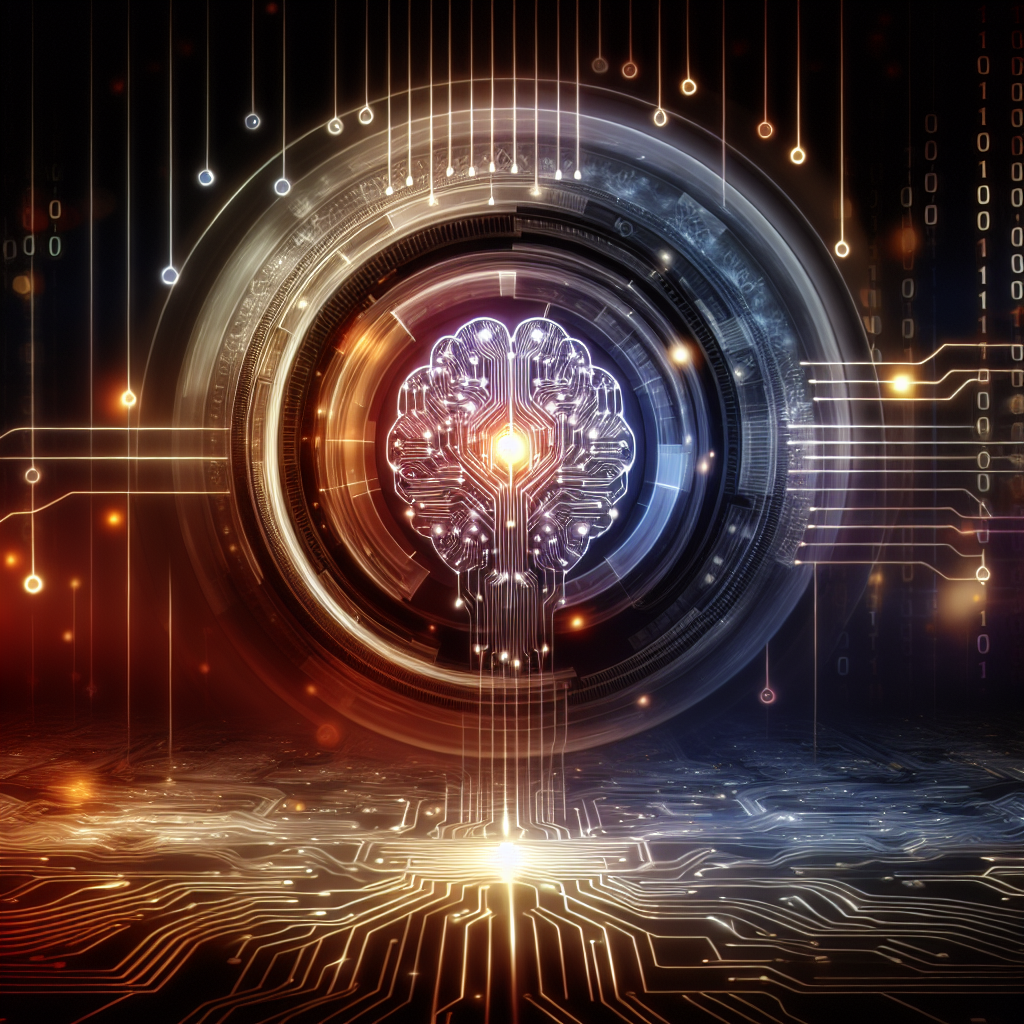The Rise of Open Source AI
In recent years, open source AI has emerged as a transformative force in the technology sector, democratizing access to artificial intelligence tools and fostering a new era of innovation. As AI continues to evolve, the implications of open source frameworks are profound, influencing everything from software development to strategic business models.
Open source AI refers to the practice of making AI tools and algorithms publicly available, allowing developers to use, modify, and distribute them without cost. This approach not only accelerates the pace of AI research and development but also promotes a collaborative environment where developers worldwide contribute to advancing the technology.
Driving Innovation and Collaboration
One of the most significant advantages of open source AI is its potential to drive innovation. By allowing developers to build upon each other’s work, open source AI creates a cumulative knowledge base that propels the technology forward at an unprecedented pace. According to a report by Deloitte, businesses leveraging open source software enjoy faster innovation cycles, as community contributions often lead to rapid problem-solving and enhancement of existing technologies.
Furthermore, open source AI levels the playing field, enabling startups and smaller companies to access cutting-edge technologies that were previously available only to tech giants. This accessibility fosters a more competitive market and drives diversity in AI applications, from healthcare diagnostics to automated financial advising.
Challenges and Considerations
While open source AI presents numerous opportunities, it also poses challenges, particularly in terms of security and quality control. Open source projects can be susceptible to malicious code contributions if not properly monitored. Moreover, the lack of a centralized quality assurance process can lead to inconsistencies in the performance and reliability of AI applications.
To mitigate these risks, many open source AI projects are overseen by organizations like the Linux Foundation, which have established robust frameworks for governance and security practices. These measures ensure that contributions are vetted and that the integrity of the AI software is maintained.
Future Prospects
Looking ahead, open source AI is poised to play a crucial role in shaping the future of technology. As AI becomes increasingly integrated into various sectors, the principles of openness and collaboration will likely become standard practice, driving further innovation and potentially altering competitive dynamics across industries.
In conclusion, open source AI is not just a trend but a significant shift in how AI development is approached. It promotes a more inclusive, innovative, and transparent environment that could lead to more rapid advancements and broader application of AI technologies. As we look to the future, embracing open source principles may well be key to unlocking the full potential of artificial intelligence.
Related Article
For those interested in further exploring how technology trends are reshaping industries, the article Exploring Digital Twins in Tech offers insights into another cutting-edge technology.


